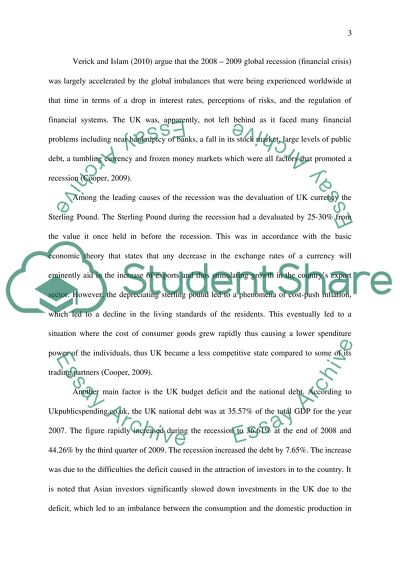Cite this document
(A Massive Impact of the UK Recession on the Tourism and Other Industri Term Paper, n.d.)
A Massive Impact of the UK Recession on the Tourism and Other Industri Term Paper. Retrieved from https://studentshare.org/macro-microeconomics/1675464-analyse-the-reasons-for-the-recent-uk-recession-and-its-impact-on-one-particular-leisure-market-eg-travel-restaurants-tourism
A Massive Impact of the UK Recession on the Tourism and Other Industri Term Paper. Retrieved from https://studentshare.org/macro-microeconomics/1675464-analyse-the-reasons-for-the-recent-uk-recession-and-its-impact-on-one-particular-leisure-market-eg-travel-restaurants-tourism
(A Massive Impact of the UK Recession on the Tourism and Other Industri Term Paper)
A Massive Impact of the UK Recession on the Tourism and Other Industri Term Paper. https://studentshare.org/macro-microeconomics/1675464-analyse-the-reasons-for-the-recent-uk-recession-and-its-impact-on-one-particular-leisure-market-eg-travel-restaurants-tourism.
A Massive Impact of the UK Recession on the Tourism and Other Industri Term Paper. https://studentshare.org/macro-microeconomics/1675464-analyse-the-reasons-for-the-recent-uk-recession-and-its-impact-on-one-particular-leisure-market-eg-travel-restaurants-tourism.
“A Massive Impact of the UK Recession on the Tourism and Other Industri Term Paper”, n.d. https://studentshare.org/macro-microeconomics/1675464-analyse-the-reasons-for-the-recent-uk-recession-and-its-impact-on-one-particular-leisure-market-eg-travel-restaurants-tourism.


